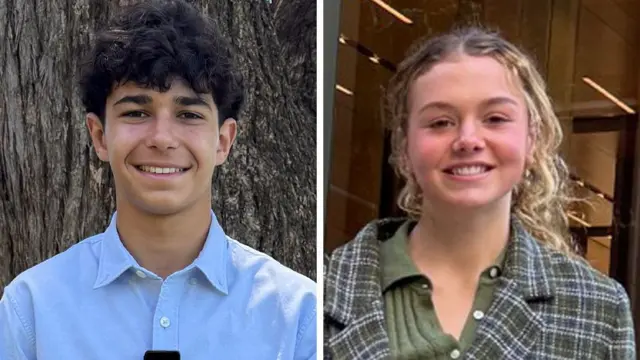Table of Contents
Australia’s Social Media Ban for Children Explained
Australia is preparing to enforce one of the world’s toughest social media age restrictions, prompting a national debate and an unprecedented legal fight. Under a law taking effect on December 10, 2025, major platforms including Meta, TikTok and YouTube must block users under 16 from creating or maintaining accounts. The government argues this step is essential to protect children from harmful content, cyberbullying and the mental health impacts linked to algorithm-driven platforms.
Officials say the measure is a necessary response to mounting evidence of online harm, especially among vulnerable groups such as First Nations youth, LGBTIQ+ young people and children with disabilities. They frame the ban as a public health and safety intervention, similar to restrictions placed on tobacco, alcohol and gambling.
Critics warn that the blanket restriction cuts young people off from important spaces for learning, connection and self-expression. Despite this, the government maintains that the risks of unrestricted access outweigh the downsides and insists the new rules set a global benchmark for child-safety regulation.
The High Court Challenge by Two Teenagers
The law is now facing a High Court challenge brought by two 15-year-olds, Noah Jones and Macy Neyland, supported by the Digital Freedom Project. Their case argues that the ban breaches the implied freedom of political communication protected under the Australian Constitution. They claim the legislation silences young people at a time when online platforms are central to education, socialisation and civic participation.
Jones and Neyland argue that social media is not simply entertainment but a crucial channel for accessing information, engaging with political issues and maintaining social ties. They say the ban would isolate thousands of teenagers and deepen existing inequalities by depriving vulnerable young people of peer support networks.
Their case also questions whether the government considered less intrusive alternatives. These include stronger parental controls, digital literacy programs and privacy-respecting age-verification tools that protect children without removing them entirely from mainstream platforms. The Digital Freedom Project argues the ban is disproportionate and risks doing more harm than good.
The legal challenge has drawn attention from the technology industry. Several major companies, including Google, are reportedly exploring their own responses, signalling that the dispute could expand into a broader clash between government regulators and global platforms.

Source: BBC
Government Response and Public Opinion
Communications Minister Anika Wells has stood by the legislation, rejecting criticism from tech companies and civil liberties advocates. She says the government is acting on behalf of Australian parents who are increasingly alarmed by the psychological and social pressures facing children online.
Polling indicates that many adults support the ban, particularly those concerned about online grooming, cyberbullying and the addictive design of social media feeds. Supporters say platforms have failed to self-regulate and that firm government action is overdue.
However, child-development experts caution that the ban could unintentionally worsen social isolation. They argue that for many young people, especially those in remote or unsafe environments, online communities are a lifeline. Others warn that pushing teenagers off mainstream platforms could drive them toward unregulated corners of the internet where risks are far greater.
Implications for Australia and Beyond
The High Court challenge raises complex questions at the intersection of children’s rights, public safety and freedom of communication. It forces Australia to confront a growing global dilemma: how to protect young people from online harm without removing them from the digital world altogether.
The outcome of this case will influence how governments worldwide approach age-based digital regulation. It highlights the need for policies that consider not only safety but also access, privacy, equity and mental health.
SquaredTech will continue monitoring developments as this landmark case unfolds. The debate underscores the challenge of designing digital policies that protect children while still allowing them to participate safely, confidently and meaningfully in online life.
Read more on our article, Tech Giants Push Back on Australia’s Under-16 Social Media Ban, published on November 25, 2025, SquaredTech.
Stay Updated: TechNews


